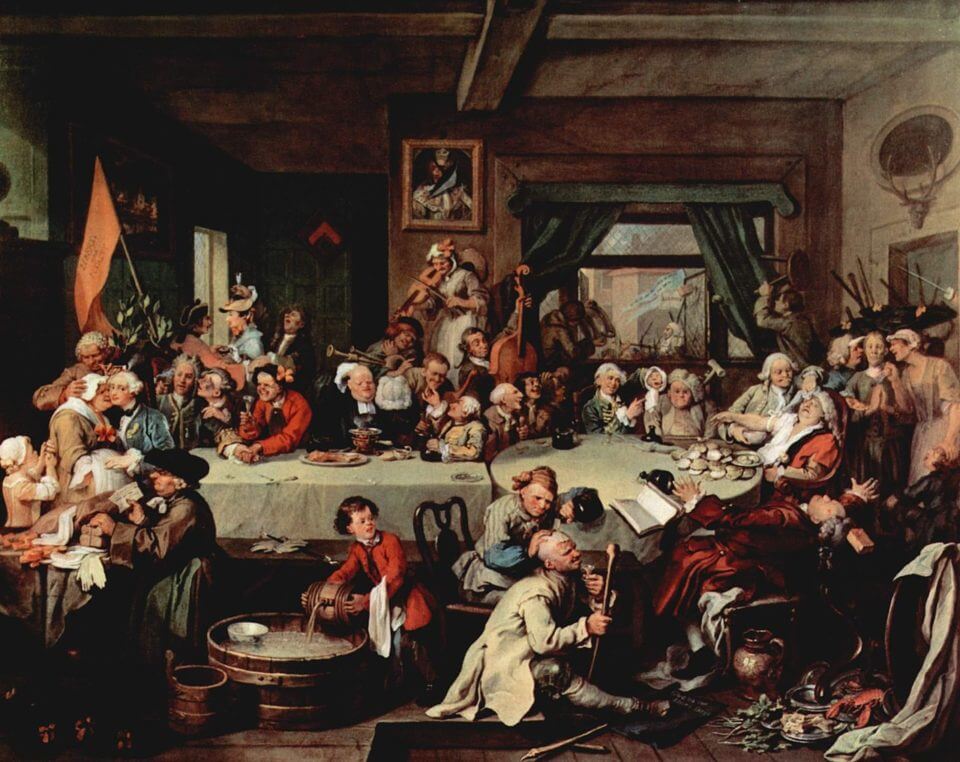
“Ultimately, the Gregorian calendar had been rejected by Protestants, Orthodox Christians, and Muslims. The rejection was not because of a scientific claim but because of opposition to its origin.”
Today is February 29th. As is well-known, February 29th only happens in leap years. It is frequently thought that leap years occur every four years. Until the 16th Century, that was the way it worked, with the Julian calendar. But, this led to a problem. If one year were exactly 365.25 days long, there would be no issue. But, in fact, a year is 365.2425 days long. If a leap year happens every four years, in the long term, the calendar will not fit with the seasons. By the 16th Century, the calendar was already eleven days off.
This was a big problem for the Catholic Church. The date for Easter did not properly fit the Spring Equinox on March 21st, as had traditionally been the case. So, in 1582, Pope Gregory XIII sought a solution. He ordered astronomers to make the necessary adjustments, and they decided that, from that moment on, years divisible by 100 would not be leap years (1700, 1800, 1900, etc.), but if they were divisible by 400, then they would be leap years (2000, 2400, etc.). And, to correct the eleven days that were off, it was decreed that the day following October 4th, 1582, would be October 15th, 1582.
The importance of this decision cannot be stressed enough. A civilization that does not keep track of time correctly is a civilization in trouble. The Gregorian calendar is not perfect (it is still off by 26 seconds per year, and there have been further proposals for reform), but it was a significant improvement.
This goes beyond astronomy. The reform was not just about a more efficient way of calculating time; it was also about stimulating a modern analytic mentality that is not satisfied with imperfect solutions. Eventually, this attitude went beyond the calendar and made us truly modern.
Ironically, the same institution that promoted such an important reform—a few decades later—used its power to silence a scientist who dared to say that the Earth orbits the Sun. The Galileo affair is a huge source of embarrassment for the Catholic Church, but let’s give the devil his due: The Church did a great disservice to astronomy in silencing Galileo, but it did a great service to astronomy in readjusting the calendar.
Why was the Catholic Church flexible when it came to calendar reform but, at the same time, silenced Galileo? The answer is that in both cases there was a religious issue at stake. The Church wanted to accurately calculate the date for Easter, and that motivated the much-needed calendar reform; at the same time, the Church also wanted to uphold the Biblically-inspired geocentric model, and that motivated its obstinate opposition to Galileo. Like it or not, religion does interfere with science—sometimes in its favor, but more frequently against it.
This should be occasion for an important historical lesson: Scientific truths must be accepted, regardless of where they come from, and regardless of how they affect our own beliefs. When Gregory XIII proposed the new calendar, Protestant countries refused to accept it and obstinately held onto the old calendar, simply because the reforms came from a Pope. Contrary to a popular myth, when the Gregorian calendar was finally adopted in 1752 in England, there were no riots. However, the anti-Papist slogan “Give us our eleven days” still remained popular, as in Hogart’s famous painting.
Today, the Orthodox Church follows the old Julian calendar, presumably for the same reason (i.e., anti-Papist feeling). The Islamic world still has its own lunar calendar (much more problematic than the solar varieties). And, when Atatürk favored the Gregorian calendar, many fundamentalists considered it yet another blasphemy committed by the Turkish reformer.
Ultimately, the Gregorian calendar had been rejected by Protestants, Orthodox Christians, and Muslims. The rejection was not because of a scientific claim but because of opposition to its origin. This is the same kind of identity politics nonsense that is going on today on college campuses. College students are increasingly taught that science is oppressive because Newton, Darwin, and company are dead white males.
Post-truth is a problem today, but this is more prevalent on the Left than on the Right. Identity politics encourages a disregard for facts. Social Justice Warriors don’t care much about truth. For them, the identity of the person who states a claim is far more important. If the person making the claim comes from the big no-no of identity (male, white, heterosexual, cisgender, and so on), then that claim is not taken as seriously. Social Justice Warriors are not altogether different from the stubborn 18th century English peasant who—no matter how much you explained to him that a year is, in fact, 365.2425 days long—refused to accept the Gregorian calendar because nothing good ever came from a Pope.
When Social Justice Warriors obsess over “decolonizing” the curriculum, they are further feeding this mentality. An Orthodox Christian college student might sense a microaggression when a Catholic astronomy professor tells him that the Gregorian calendar is more accurate than the Julian calendar. Could that “assault” by the professor remind said student of the way Catholic Crusaders sacked Constantinople in 1204? Probably not, but even if it did, so what? Science does not—and should not—concern itself with identity. Facts are facts, and to hell with identity!.
Dr. Gabriel Andrade is a university professor. He has previously contributed to Areo Magazine and DePauw University’s The Prindle Post. His twitter is @gandrade80










